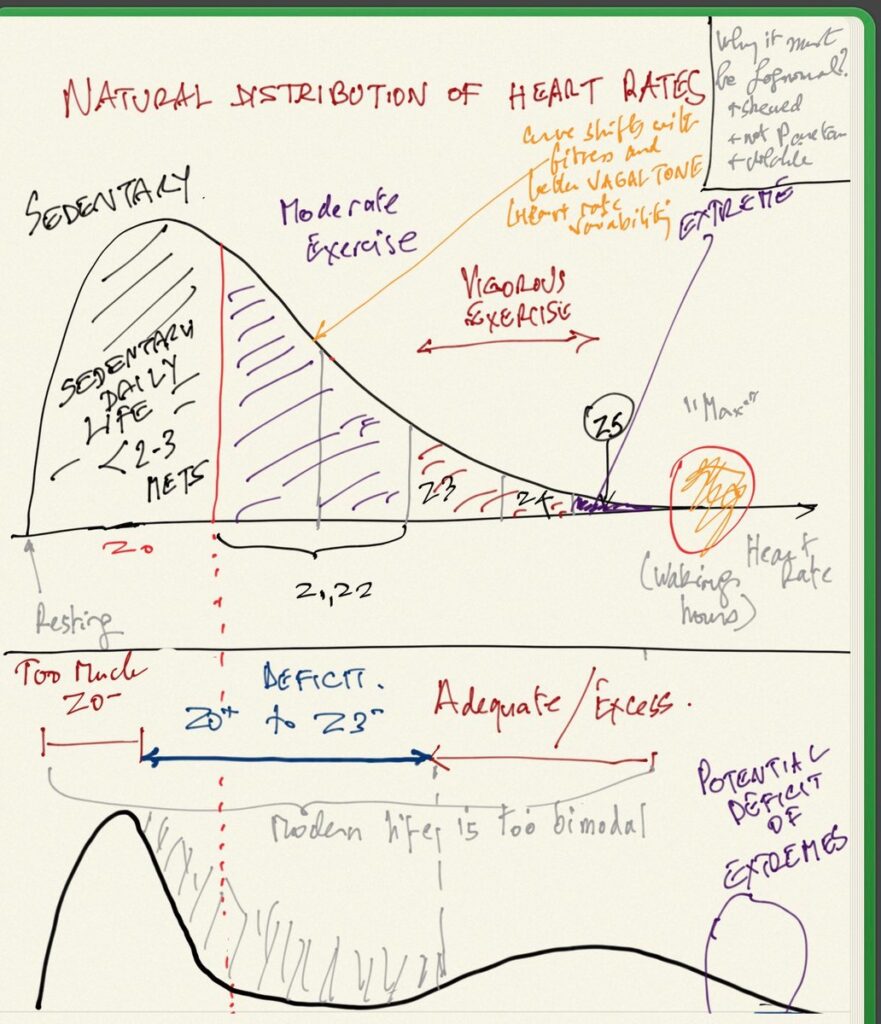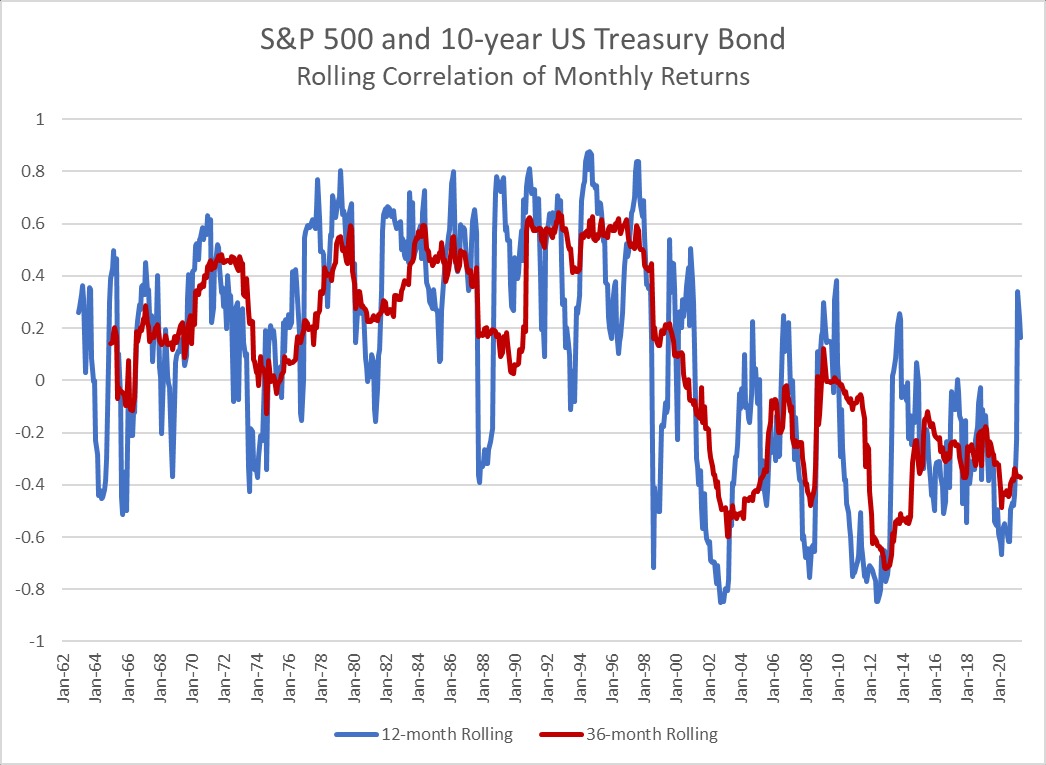Universa Investments Senior Scientific Advisor Nassim Taleb says the stock market is way too overvalued given current interest rates, and the road back to normal will be “very painful for some.” Taleb spoke exclusively to Bloomberg’s Sonali Basak at an investor day in Miami on Thursday. Earlier, Universa Investments told clients that ballooning debts across the global economy are poised to wreak havoc on markets rivaling the Great Depression.
Author: Admin
[Medium] Bitcoin is the Detector of Imbeciles

On The Cluster of Charlatans, Zero Interest Rate Virgins, & Crypto Tumors
Interview with Laeticia Strauch-Bonart in L’Express (French magazine), translated.Last year, 2022 was not of much respite for cryptocurrencies. While bitcoin has lost more than 60% of its value, the entire sector is in crisis, punctuated by various bankruptcies such as those of Terra and FTX. The phenomenon is the consequence, according to scholar and former trader Nassim Nicholas Taleb, of the low-interest rate “Disneyland” economy in which we have been living for fifteen years. A “cluster” was formed: Pro-putin, climate and Covid deniers, carnivores, and crypto culties, that Taleb, a former crypto hopeful but a fierce opponent since 2021, has decided to attack head-on.
Continue reading on Medium: medium.com/incerto/bitcoin-is-the-detector-of-imbeciles-e5cc5eeccdbf
[YouTube] MINI TUTORIAL: How to look at risk ratios & deal with disinformation: Saturated Fats & Nina Teicholz
Ms Nina Ticholz backed up her saturated fat propaganda with a major paper showing that saturated fats don’t cause cardiovascular disease that was “ignored by mainstream media”. It turns out the paper shows the opposite of what she claims. I show how to read risk ratios, confidence intervals, etc.
[Medium] How I write

(Preface to the 15th year Italian edition of The Black Swan)
Imet Luca Formenton, Saggiatore’s capo twenty years ago, in April 2002, in the eternal city, in a mozzarella bar-terrace near the parliament. I spoke in highly ungrammatical Italian; he addressed me in impeccable English, a practice we have sort of maintained for twenty years. That was the period when I very badly wanted to satisfy my failed childhood dream to produce literature, but everything conspired to stop me from partaking of that highly protected genus.
Continue reading on Medium: medium.com/incerto/how-i-write-8b495eae0330
This overhyped Zone 2 must not be discrete

Heart rates must be Lognormal in distribution. Simply, it is not possible to have a negative heart rate and at low variance (and a mean > 6 standard deviations away from 0), the lognormal behaves like a normal.
Incidentally I failed to understand from San-Millan’s paper(s) the 2 mmol lactate threshold claimed in the podcast with Petter Attia and elsewhere. I don’t see a threshold. Even for athletes (top graph below) there is a mix outside asymptote (Lactate >5 mmol becomes 0 fat oxidation).
Link to full article – https://fooledbyrandomness.com/blog/2022/10/16/this-overhyped-zone-2-training-must-not-be-discrete/
Detecting BS in Correlation Windows

Financial theory requires correlation to be constant (or, at least, known and nonrandom). Nonrandom means predictable with waning sampling error over the period concerned. Ellipticality is a condition more necessary than thin tails, recall my Twitter fight with that non-probabilist Clifford Asness where I questioned not just his empirical claims and his real-life record, but his own theoretical rigor and the use by that idiot Antti Ilmanen of cartoon models to prove a point about tail hedging. Their entire business reposes on that ghost model of correlation-diversification from modern portfolio theory. The fight was interesting sociologically, but not technically. What is interesting technically is the thingy below.
Link to full article – https://fooledbyrandomness.com/blog/2021/11/24/detecting-bs-in-correlation-windows/
A case study in Non-replicability of a Medical paper [YouTube]
A case study in non-replicability of a medical paper. I discuss it with Dr. Fouad Fayad from U.S.J. in Lebanon. Details are in Retraction Watch.
Apparently, the only reply to his case by the study’s lead author is of the fact-free data-free sort “he doesn’t like me” which does not appear to have a statistical explanation.
Note: Retraction Watch did a great job presenting facts, and the attempt to retaliate against Dr. Fayad. Note that the 4 expert reports were not attached. Also, note that the paper violated FDA rules (and those of the corresponding European agency).
[YouTube] No, COVID is not an “old” person’s problem
[YouTube] QUANTITATIVE FINANCE 2: Deriving Black-Sholes via Itô’s lemma (the dynamic hedging approach)
DYNAMIC HEDGING: Deriving Black-Sholes via Itô’s lemma.
[YouTube] Why Correlation is Unreliable
At the 2022 Greenwich Economic Forum-Miami, Black Swan author, Nassim Nicholas Taleb explains why correlation is unreliable as a due diligence tool. Coming as it does during an ongoing pandemic and in the middle of Vladimir Putin’s invasion of Ukraine, Taleb also discusses Wars and Pandemics and puts them into their proper risk buckets.